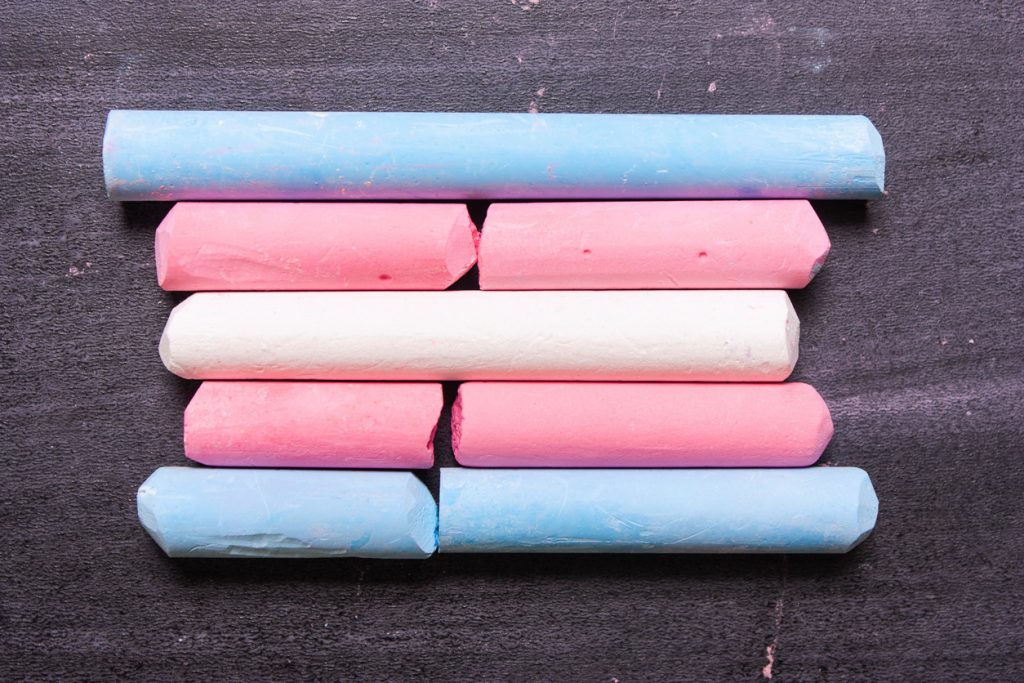In May, the World Health Organization officially approved a resolution to remove “gender identity disorder” from its global diagnostic manual, reclassify it as “gender incongruence,” and move it from the mental disorders chapter to the sexual health chapter. Despite this change, many Americans still believe that gender is binary.
According to a 2019 PRRI Survey, just over half (55%) of Americans believe there are only two genders, including 43% who say they feel strongly about this. Four in ten (40%) believe that there is a range of possible gender identities, including nearly one-quarter (24%) who say they feel strongly about this.
Notably, Republicans are much more likely than independents and Democrats to say that gender is binary. Nearly three-quarters (73%) of Republicans believe that gender is strictly binary, including 62% who strongly agree, compared to 50% of independents and 45% of Democrats. A majority (52%) of Democrats believe there is a range of possible gender identities, including 30% who say they feel strongly about this.
There are also significant gender divides, with men more likely than women to say that only two genders exist (60% vs. 51%) including nearly half (48%) of men who feel strongly, compared to 39% of women.
By religious affiliation, white evangelical Protestants are much more likely to say there are only two genders than almost every other religious group. Fifty-nine percent strongly agree that gender is strictly binary, while 40% of white mainline Protestants say this, along with 46% of nonwhite Protestants, 39% of Catholics, and 36% of the religiously unaffiliated.
Opinions on bathroom accommodations, or so-called “bathroom bills,” are strongly correlated with views on gender identity. A majority (55%) of Americans who believe that gender is binary, compared to less than one third (32%) of those who believe there is a range of gender identities, favor laws that require transgender individuals to use bathrooms that correspond to their sex at birth rather than their current gender identity.
There is also a strong correlation between views on gender identity and feeling comfortable with transgender people. Compared with those who believe in a gender spectrum, Americans who believe there are only two genders are much less likely to say they would be comfortable having a close friend tell them they are transgender (52% vs. 79%); learning that a teacher in their local elementary school is transgender (43% vs. 72%); or having their own child tell them they’re transgender (34% vs. 68%).
